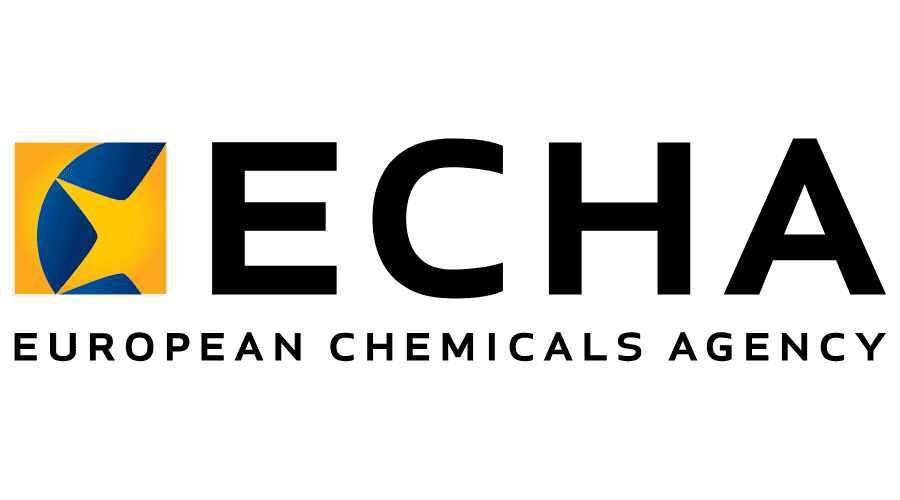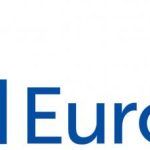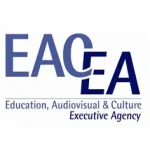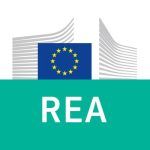Access to the official webpage and the social networks
 |
 |
 |
 |
- Role: ECHA works for the safe use of chemicals
- Director: Bjorn Hansen
- Established in: 2007
- Number of staff: about 600
- Location: Helsinki, Finland
The European Chemicals Agency (ECHA) works for the safe use of chemicals. It implements the EU’s groundbreaking chemicals legislation, benefiting human health, the environment and innovation and competitiveness in Europe.
What it does
- helps companies comply with specific EU legislation on chemicals or biocides:
- cooperates with international organisations & stakeholders to promote safe use of chemicals
- provides information on chemicals & their safe use through a unique free database
- works with the European Commission & EU governments to identify substances that give cause for concern & take decisions on EU-level risk management
- encourages innovation in the chemical industry by replacing substances that give cause for concern
Who benefits
- Members of the public & the environment are less exposed to hazardous chemicals & benefit from safer products. Consumers can ask about hazardous chemicals in the products they buy.
- Workers & other users of chemicals benefit from improved information about the hazards of chemicals they handle, & how to use them safely.
- Industry is helped to comply with legislation. Innovative companies can take advantage of the need to phase out the most hazardous substances.
- Developing countries receive information on how to handle hazardous chemicals safely.







Leave a Reply